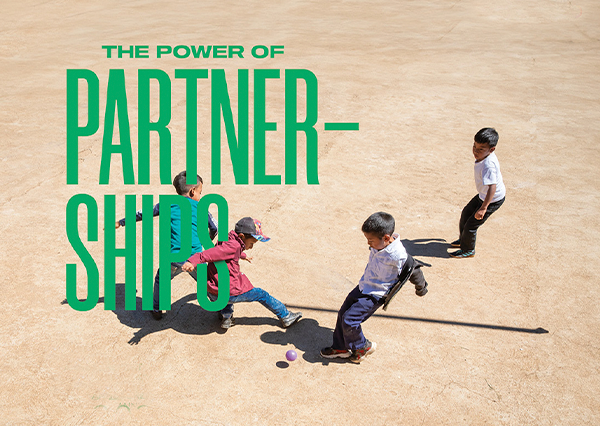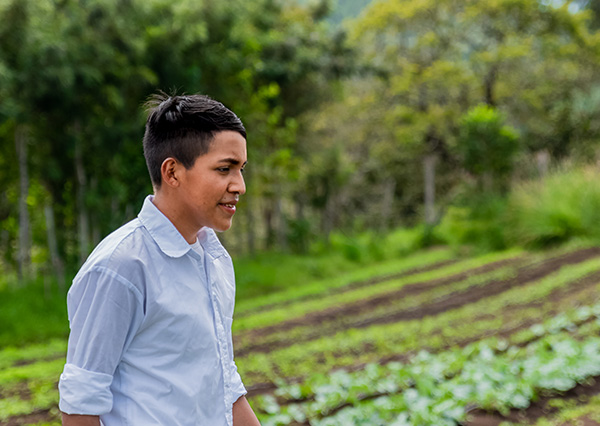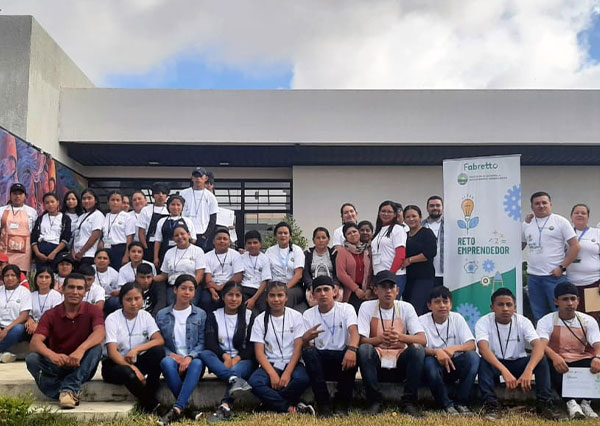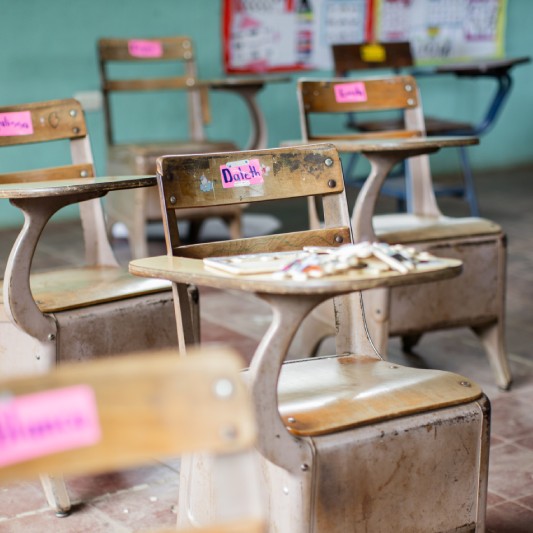1-26-18 | Our Programs
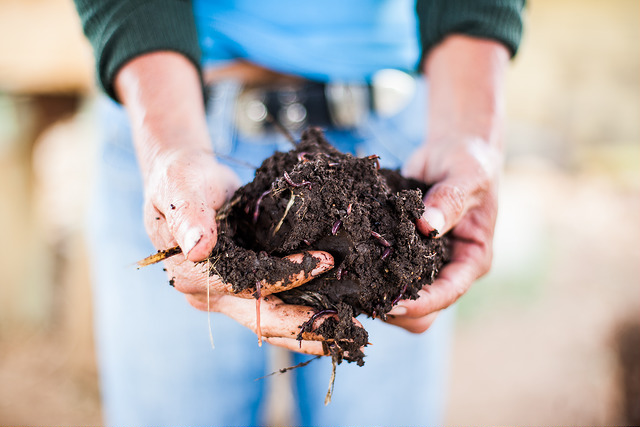
On January 26, we celebrate World Environmental Education Day. In a world with an environment that is rapidly changing, now more than ever, it is crucial that we educate future generations in responsible and sustainable environmental practices. Fabretto’s Rural Secondary Education Program (SAT) is accomplishing just that by applying a learning-by-doing approach to education with a strong focus on preserving the environment.
Nicaragua, home to one of the largest tropical rainforests in Latin America, is facing an environmental crisis due to an increase in deforestation. With the expansion of agriculture, many small farmers have cut down massive amounts of trees in order to make room for crops and cattle-grazing. In 2010, 37.5% of Nicaragua’s land mass consisted of forested areas. In just 5 years, this area was reduced to 25.9% (World Bank). These sustained deforestation practices have in turn led to other environmental crises, such as a dramatic decrease in the availability of water sources during the dry season and an increase in the prevalence of floods and landslides during the rainy season.
Cesar, a San José de Cusmapa local and Sustainable Tourism student, worries about the future of his community. “I decided to study sustainable tourism because I am interested in the problems we are experiencing today, like climate change…Tourists are interested in visiting a place with great natural beauty and we are losing that beauty because so many trees have been cut down. We have the Tapacali River, but due to deforestation, it is drying up and the water is no longer flowing.” In the municipalities of Madriz, Nueva Segovia, and RAACS, where deforestation is a major issue, Fabretto is educating the most remote communities through the SAT Program.
With the knowledge that local actions can lead to global impact, SAT students are encouraged to become true stewards of their local environment. In addition to learning about sustainable agricultural practices during the school day, students are able to apply this knowledge at home. SAT graduate Abraham played an important role in changing his own family’s farming practices. “I have learned many agricultural techniques that have been helpful. Things I can apply at home with my family. I am even able to teach my father a few things sometimes. For example, my father would buy non-organic fertilizer when, in fact, our farm was already producing materials that could be used as organic fertilizer.”
Community service is also an integral part of the SAT Program. As part of this initiative, students organize reforestation campaigns, community cleanups, and even go out to their communities to raise awareness about the importance of taking care of the environment by reducing waste, recycling, limiting logging practices, and even farming organically whenever possible.
Remember that even the smallest lifestyle changes can contribute to protecting the environment. If even students in the most remote areas of Nicaragua can do their part to preserve our environment, so can you!
Support Fabretto’s SAT Program by making a donation today.


